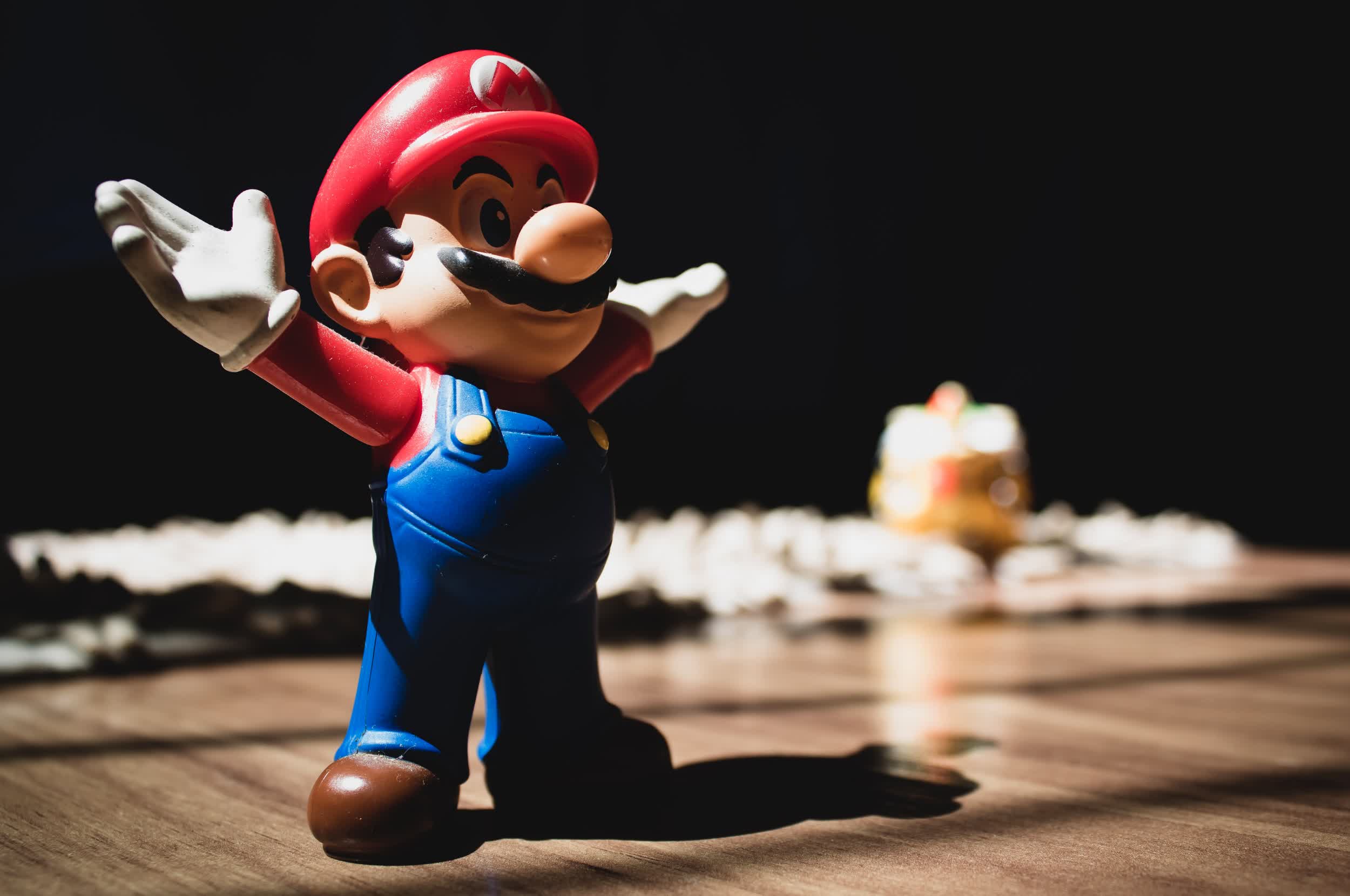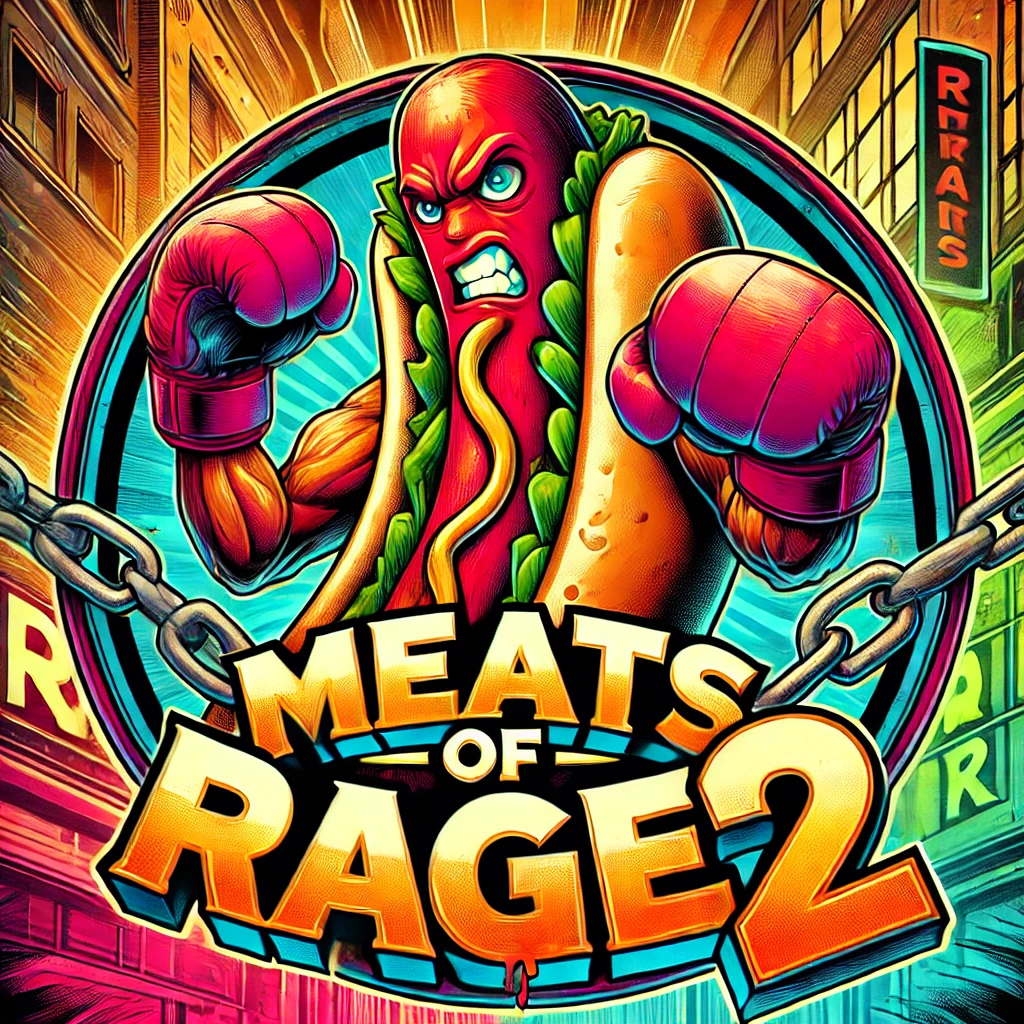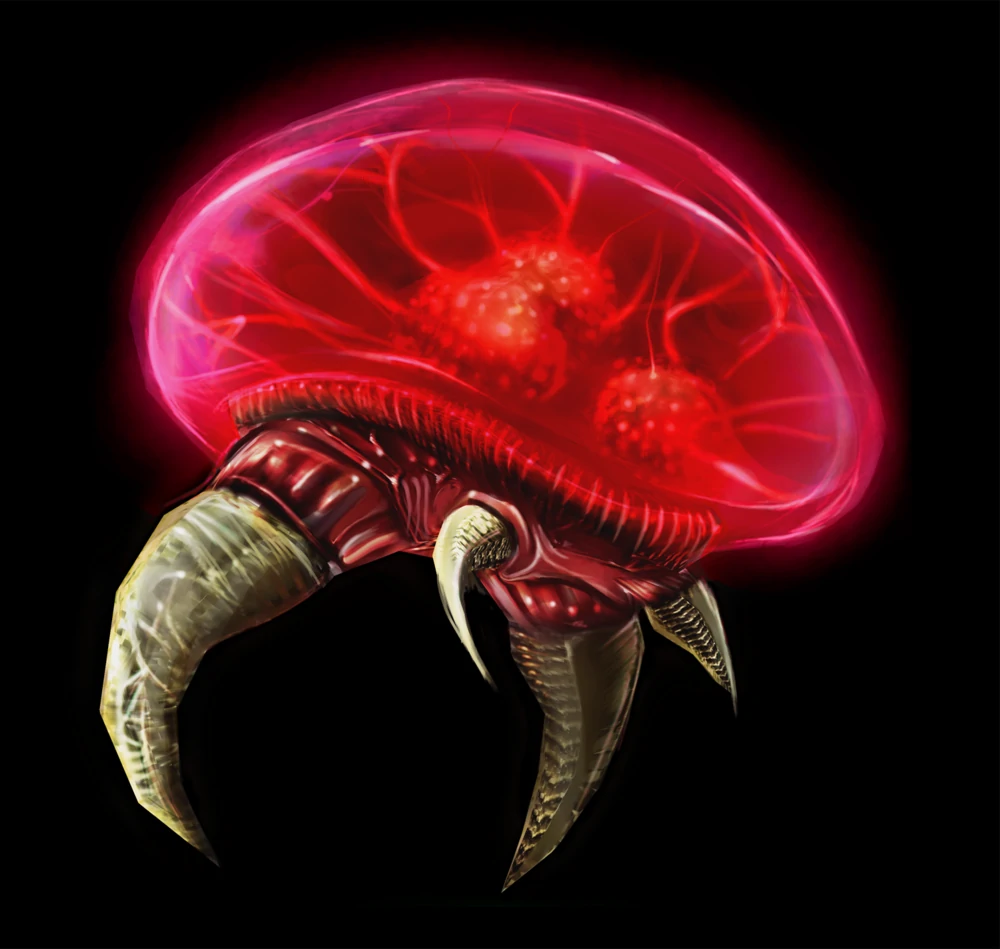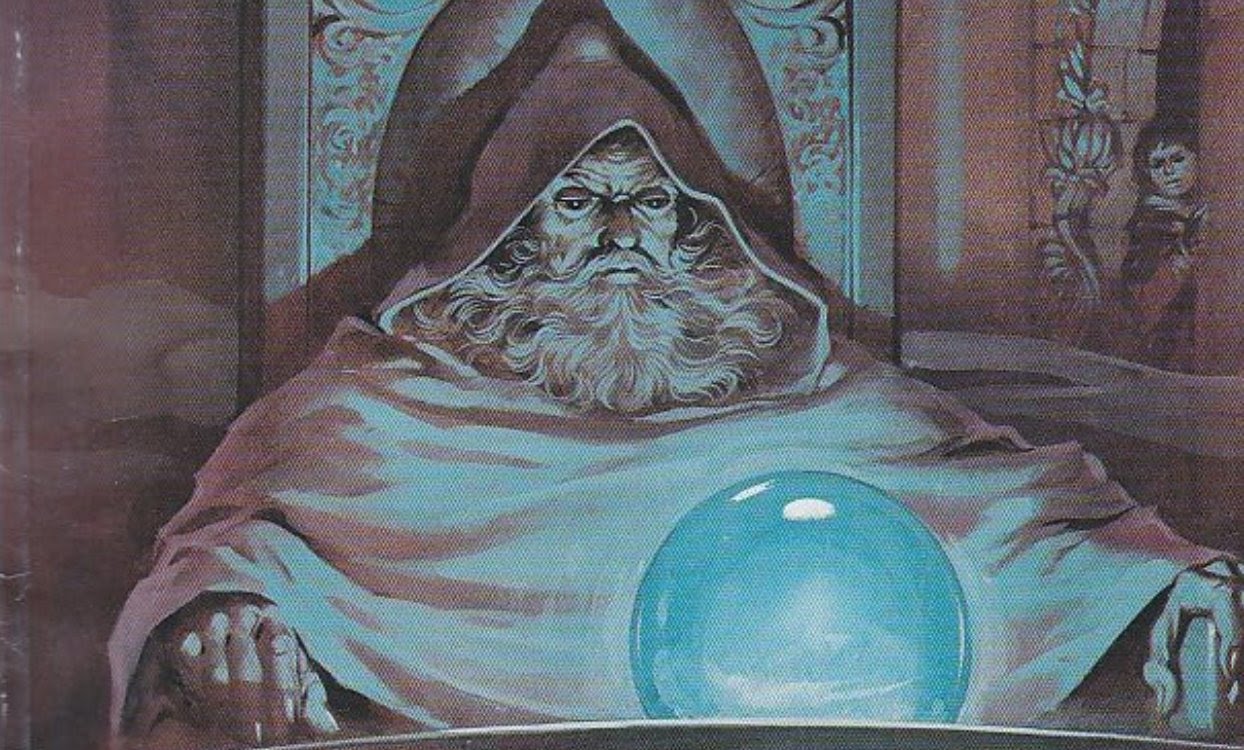- cross-posted to:
- games@sh.itjust.works
- cross-posted to:
- games@sh.itjust.works
The reveal comes from X user @ChrisMack32, who posted a video showing them unplugging a Super Nintendo controller – connected via USB – at one of the Nintendo Museum’s booths. Removing the cable from the controller results in what sounds like the familiar noise that plays when a Windows device is disconnected. If you listen carefully, you can also hear the Windows ‘device connect’ sound when the controller is plugged back in.
They’re a company - their only purpose is to make money. They don’t hate emulation, they hate not making the absolute maximum amount of money they possibly can. Public use of emulation lowers their profits, while their own use of emulation helps increase their profits. It’s not some weird enigma or hypocrisy - money is the singular driving factor for every company; every action they take traces back to making more money. This is why we need much tighter regulation instead of trusting companies to “be reasonable” or “do the right thing.”
Is this news? Emulation has been supported in official capacities since the virtual NES in game cube Animal Crossing. There’s probably even earlier examples. The Wii virtual shop, the Switch has that classic games library and even those mini consoles.
Even earlier with Pokemon Stadium’s Gameboy emulator.
Yeah, it’s definitely a weird case of perception rejecting nuance. Nintendo accosting third party emulators (which sucks, for the record) is in no way inconsistent with them having in-house emulators.
Now if somebody showed those PCs running off-the-shelf open emus that’d be a different story, but the narrative is what it is regardless, it seems.
So what I’m learning here is there is an offical USB SNES controller
Wouldn’t that just be the SNES controller that Switch Online subscribers can buy?
Nintendo has already sold us Roms it downloaded from the internet before. Or is using open source emulators for commercial purposes while simultaneously suing them off the market.
https://www.eurogamer.net/did-nintendo-download-a-mario-rom-and-sell-it-back-to-us
If Nintendo was smart, they’d just provide the means to obtain older games somehow, forever, and not the dripfed method of providing games on the Classics Store as part of a subscription where most of the games offered are garbage games most people haven’t even heard of before seeing them in there. As well as seriously make an effort to make at least PC ports for their biggest titles. This would be a much more effective method of combating piracy; just provide the service people are actually demanding.
I can understand not providing 3rd party titles that Nintendo themselves don’t own the rights to; but they don’t even have their own entire catalogue on there.
deleted by creator
100%. I literally bought Echoes of Wisdom on Switch day one, dumped it, and played it in Ryujinx, installing mods to increase settings.
I have the money, and am willing to part with it, but prefer a PC Quality experience. Heck, I’d even pay more for a PC version that didn’t have shader stutter and had real PC options.
That said… I don’t expect it. Nintendo is very stuck in their ways, which has pros and cons. On the one hand, we’re getting good traditional game design, no layoffs, and no micro transactions, which is wonderful. On the other, we’re getting outdated hardware that’s just powerful enough to support their game design ideas (although we’re even seeing the cracks there now), and a diehard dedication to the old console exclusivity model.
A bit of a dumb title, Nintendo does develop their own emulators to help port content onto newer systems and that’s been known for some time.
Virtual Console is an emulator, or rather a series of self-contained emulators that individual games are packaged in. The NES and SNES Mini consoles use emulators to run their games. Hell, even the original Animal Crossing came with its own NES emulator to run playable versions of Nintendo titles you could get as furniture.
It’s not “emulators” they have a problem with, it’s third-party emulators that supposedly infringe on Nintendo code/IP and the distribution of ROMs, but whether those grievances are legitimate or not is a separate topic entirely.
Hey now it looks like you know your stuff, we don’t do that here
They’ve been caught using roms that are available for download, and have used emulators off the Internet as well.
It sued itself in it’s confusion!











